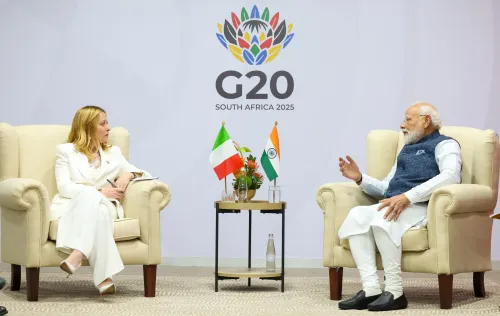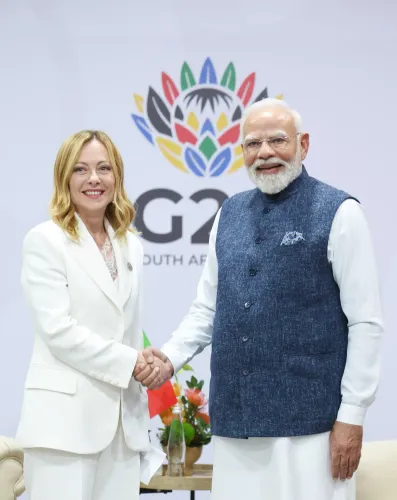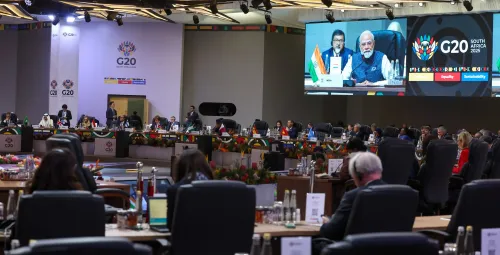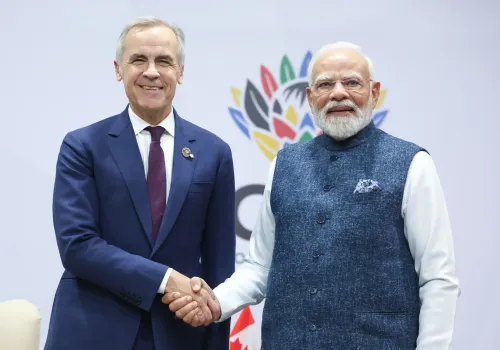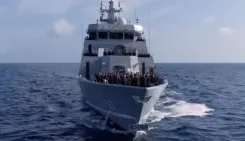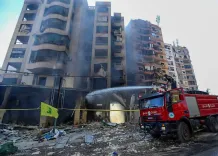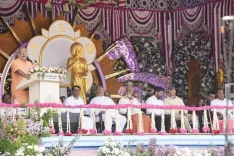Did IDF Deliver a Significant Blow to Hezbollah by Targeting Top Leader in Beirut?
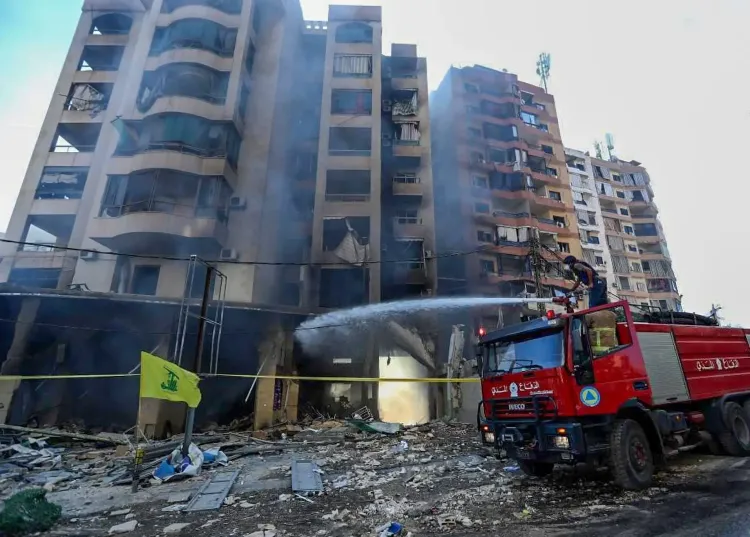
Synopsis
Key Takeaways
- Major operational success for Israel in the ongoing conflict.
- Elimination of a key military figure in Hezbollah.
- Potential impact on Hezbollah's strategic planning and military capabilities.
- Tabatabai's long history with the organization.
- Significant implications for future regional stability.
Jerusalem, Nov 23 (NationPress) On Sunday, Israel asserted that it successfully eliminated senior Hezbollah commander Haytham Ali Tabatabai in a precision airstrike in the southern suburbs of Beirut. Officials characterized this operation as one of the most impactful removals of the group's leadership since the previous year's conflict, as reported by various media outlets.
The Israel Defence Forces (IDF) indicated that Tabatabai was effectively Hezbollah’s chief of staff, ranking just below Secretary-General Naim Qassem within the command hierarchy of the Iran-backed organization.
Hezbollah has yet to provide any immediate confirmation or response regarding the reported attack or his current status.
This targeted operation took place in Dahieh, a heavily populated bastion of Hezbollah in south Beirut, frequently referred to by Israel as a center for the group's military activities.
The military described him as a “long-serving and crucial operative,” highlighting his association with Hezbollah that dates back to the 1980s.
Throughout the years, Tabatabai reportedly held several significant military roles, including commanding the elite Radwan Force, overseeing Hezbollah units deployed in Syria, and managing key functions related to the group's cross-border operations.
Israeli analyses have long regarded him as one of Hezbollah’s most strategically vital commanders, the reports noted.
During the 2024 Israel-Hezbollah war, Tabatabai was appointed as the head of the group's operations division, positioning him at the core of battlefield strategy.
The IDF asserted that he was responsible for situational assessments, coordinating troop deployments, and shaping major combat directives throughout the conflict.
As the fighting escalated, Tabatabai gradually took on more extensive control. Following the deaths of several senior Hezbollah leaders during the conflict, he allegedly emerged as the group's primary commander directing military efforts against Israel in the latter stages.
After the ceasefire in November 2024, Tabatabai was officially named Hezbollah’s military chief of staff, tasked with reconstructing its command structure, reorganizing its units, and enhancing military capabilities that were diminished during the war, according to the IDF's claims.
Reports indicated that Israel views Sunday’s strike as a significant operational success, positing that Tabatabai’s removal would profoundly impact Hezbollah’s long-term strategic planning and preparedness.

